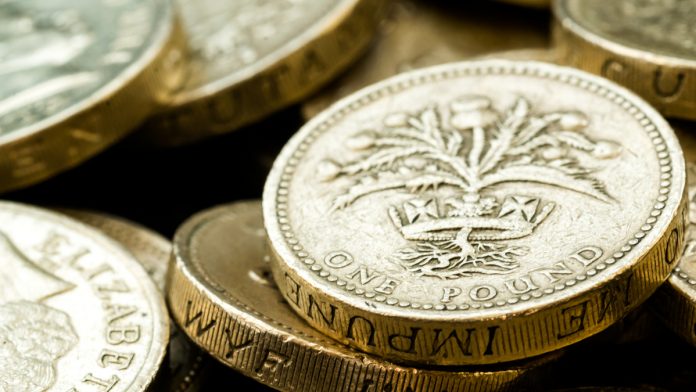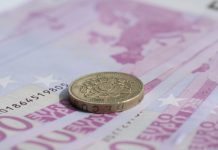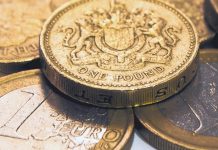- Pound (GBP) looks to UK GDP data
- BoE policymakers lifted the pound yesterday
- Euro (EUR) fell after German inflation unexpectedly fell
- ECB’s Schnabel is due to speak later
The Pound Euro (GBP/EUR) exchange rate is holding steady after four consecutive days of gains. The pair rose 0.17% in the previous session, settling on Thursday at €1.1287, after trading in a range between €1.1252 – €1.1316. At 05:45 UTC, GBP/EUR trades +0.0% at €1.1287 and is set to rise 1.1% across the week.
The pound pushed higher in the previous session after the Bank of England Governor and Yeah policymakers testified before the Treasury Select Committee in parliament I did it so there.
Andrew Bailey and his colleagues acknowledged that inflation had remained well above the Bank of England’s target 2% level for a significant amount of time which brings risks. However, the policymakers had differing views on where inflation could go from here and the future path for interest rates.
Andrew Bailey said that he expects inflation to fall sharply in the second half of the year and also warned that public sector pay rises would be inflationary if the government needed to borrow to fund them. Meanwhile, Jonathan Haskell still sees significant upside risk for inflation, but Huw Pill the chief economist, said that the Bank of England should guard against raising rates too far. Pill also said that he sees economic growth at near zero this year.
Today attention will be on UK GDP data which is expected to show that the UK economy stagnated in the final quarter of the year at 0%. This is up from a 0.3% contraction experienced in Q3 quarter on quarter.
The euro slipped on Thursday after German inflation defied expectations and fell in January. The harmonised CPI dropped to 9.2% year on year, down from 9.6% in December. Analysts had forecast that inflation would rise to 10%. The data had been delayed for a week due to an unexpected technical problem.
The data comes after Nigal, a member of the ECB rate-setting government council, warned that there was a great danger that inflation could remain persistently high if the central bank stopped hiking interest rates too soon.
Today there is no high impact in eurozone data investors will look towards a speech by ECB member Schnabel whose words will be scrutinized for clues over the future path of rate hikes.





